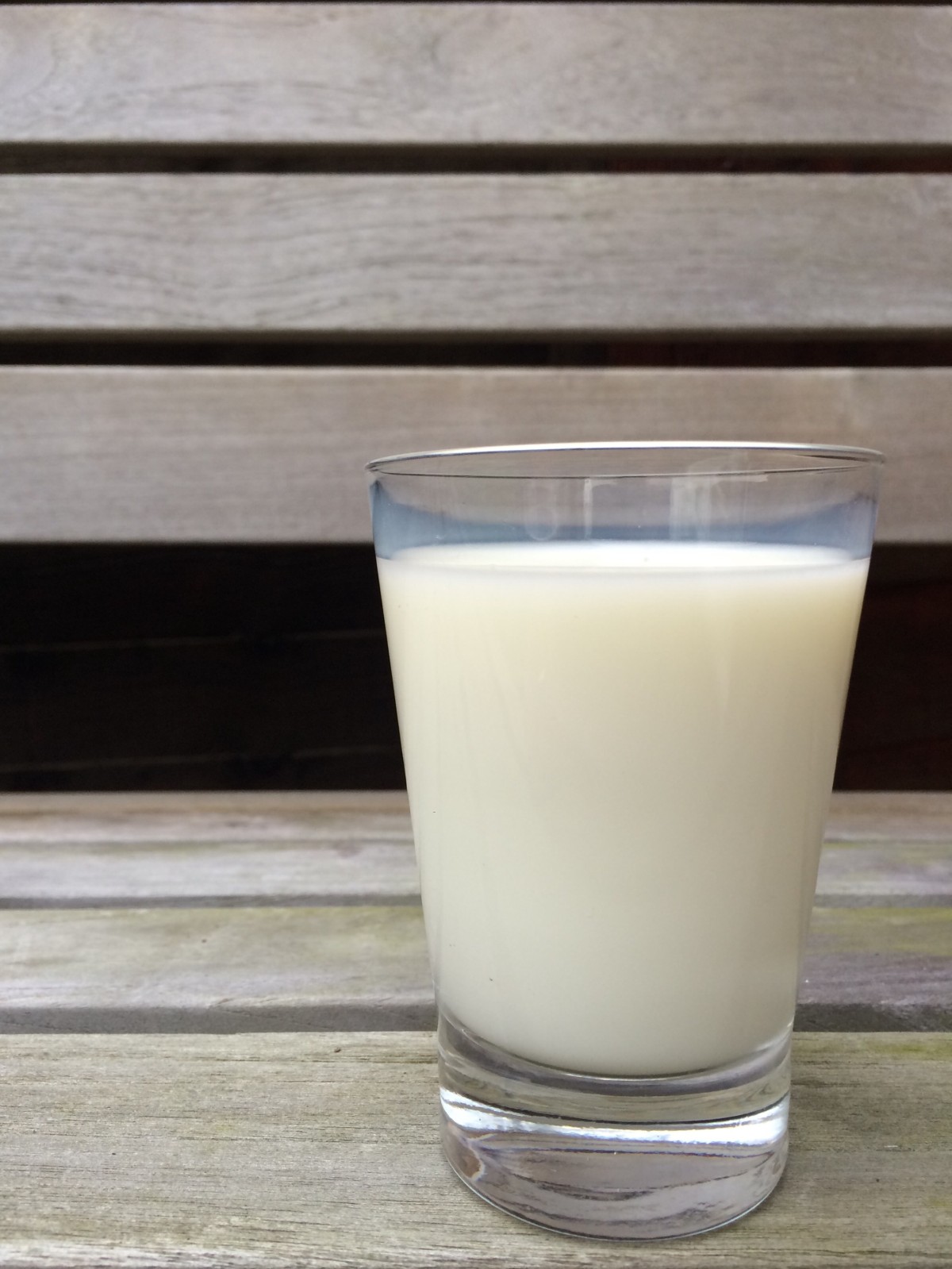
By Nick Coke
A month ago I wrote a piece called ‘A Calais Protest’. It was written within a day or so of visiting the camp known as ‘The Jungle’ rotting on our borders. There’s always a risk in writing something in haste, whilst things are still raw – it can become a knee-jerk response. In this case, however, even with a month’s distance, I stand by every word.
The anger still smoulders in me. Every time it rains, I picture in my mind’s eye the mud and squalid conditions surrounding the crowded tents that are home to 6000 men, women and children. Whenever I hear the boiler kicking in to fire up my central heating, I remember how the night after I visited, a fire swept through the camp as people tried to keep themselves warm around a naked flame. As I’ve watched my son head out to the shops on his bike, I remember the young boy of similar age riding through the camp – it’s no place for any human being, even more so the vulnerable. Each time I go to church I’m taken back to that ram-shackled structure pieced together from random lengths of wood and plastic sheeting where Christians in the camp go to pray and worship. I’ve struggled since to sense the presence of God I found in that thin place in the comfortable worship settings that I spend my time in.
I mused in my earlier post that there comes a time when we must move beyond protest to action. In the case of Calais, avenues for action are limited by the lack of political will in France and the UK to take any responsibility. Bowing to that position, of course, is not a given – rather it is a choice that each of us makes.
I was recently convicted by Martin Luther King Jr’s comments about knowing when to take action:
“On some positions, cowardice asks the question, ‘Is it safe?’ Expediency asks the question, ‘Is it politic?’ And vanity comes along and asks the question, ‘is it popular’? But conscience asks the question, ‘is it right?’ And there comes a time when one must take a position that is neither safe nor politic nor popular, but he must do it because conscience tells him it is right.”
My conscience refuses to allow me to sit idly by and do nothing. I refuse to choose silence. So, what to do? Well, I know from experience that when ordinary people band together and organise themselves, even the gravest situations can change. Political realities can take another shape when enough creative people begin to use their prophetic imagination and look beyond the prevailing narratives to something more akin to the Kingdom of God. I’ve asked some of these prophets for their suggestions of what we can do and added a couple of my own. Take a look below and ask yourself, ‘what is my conscience compelling me to do?’
- Go and see for yourself. Calais is a mere 26 miles from our borders – a 2 hour journey from our capital city. The first step towards action is always listening. And if you can’t go, then encourage your leaders to go – political leaders, church leaders, community leaders. I defy anyone to go and not feel challenged to action.
- Read about it, preach about it, blog about it, talk about it and urgently pray about it. Don’t let it fade into the background as if it doesn’t exist. When we agitate and needle others it provokes greater action, public pressure and accountability around the root causes. You can join Facebook groups that keep you up to date with info. Here are some with contributions from ordinary people who are in and out of Calais all the time: Calais Migrant Solidarity Action and Calais Action And there’s one called ‘Jungle Life Calais’ that has testimonies from people living in the camp.
- Bring it to the attention of elected politicians – talk or write to your MP or Assembly Member about it. Admitting it is a UK issue (as well as a French one) is the first step in seeing some action. More specifically call on the French and UK governments to follow basic UN conventions in meeting needs for those living in the camp. The camp currently fails on all internationally agreed standards.
- Join the campaign calling for those in the camp, particularly children, who have family members in UK to be allowed to make asylum applications. More on that here.



